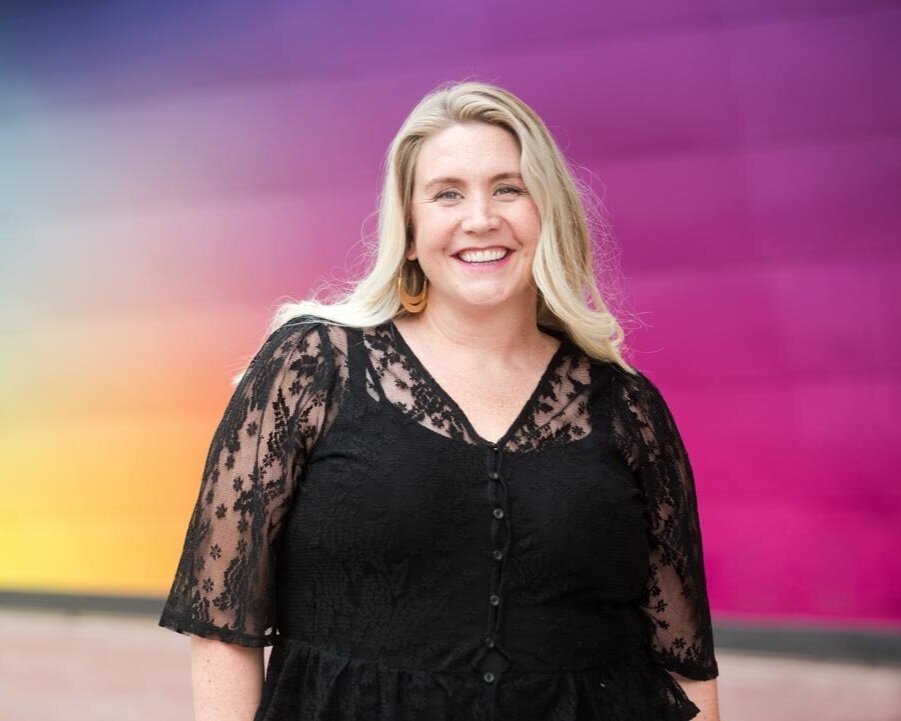Discover the importance of professional headshots in crafting a powerful first impression for your personal brand. Learn essential tips for a great headshot and how it can enhance your professional image, credibility, and online presence. Find out why investing in a high-quality headshot is crucial for your career and business success.
Choosing the Right Wardrobe for Your Professional Headshot Session
Corporate Headshots: Presenting a Unified Image for Your Team
Headshots for Different Industries: Tailoring Your Image to Your Field
I tried an Ai Headshot Service
Exploring the Future of Headshots: My Experience with AI-Generated Portraits
As a professional headshot photographer, I'm always curious about the latest trends in the industry. So, when I heard about Aragon.ai's service offering AI-generated headshots, I knew I had to give it a try. The concept of using artificial intelligence to create headshots is both fascinating and a bit unsettling for someone like me, who has built a career on capturing the essence of a person through the lens. Here's a breakdown of my experience and my thoughts on the potential impact of AI-generated headshots on the photography industry.
How it Works
The process of getting AI-generated headshots from Aragon.ai is surprisingly simple and user-friendly. I started by uploading 10 selfies from my iPhone to their platform. These were just casual photos I had in my camera roll, nothing professionally taken. After uploading the selfies, I paid for the service, which cost less than $100—a price point that can be attractive compared to traditional professional headshot sessions.
Within a few hours, the service generated over 100 headshots based on my selfies. The technology behind this is quite impressive. The AI analyzes the facial features in the selfies and then uses that data to create a variety of headshot styles and poses. The result is a diverse collection of headshots, all generated from just a few initial images.
Selfies from my iPhone camera roll
Quality of the Results
The quality of the AI-generated headshots was about what I expected from what I’ve seen Ai image generators can do. The images were clear, and the AI did a decent job of creating different expressions and looks but they didn’t really look like me. Besides the glitches in my teeth, wacky hairstyles, busty cleavage, there was at least one shot (out of over 100) that could pass as a decent headshot for a small social profile photo. However, as a professional photographer, I couldn't help but notice that something was missing. While the technical aspects of the photos were good, the AI-generated headshots lacked the depth and authenticity that come from a real photoshoot. There's an intangible quality that a skilled photographer brings to a headshot—a sense of the person's personality and presence—that I found lacking in the AI-generated images.
This collage represents about 1/3 of the total results generated
Implications for Professional Photographers
The rise of AI-generated headshots raises some interesting questions for the future of professional headshot photography. On one hand, the affordability and convenience of AI-generated headshots make them an attractive option for individuals who need a quick and easy solution. This could potentially lead to a shift in the market, with more people opting for AI-generated headshots instead of traditional ones.
On the other hand, I believe there will always be a demand for the artistry and personal touch that a professional photographer provides. A headshot is more than just a picture—it's a representation of a person's identity and brand. For those who want a headshot that truly captures their essence, a professional photographer will always be the preferred choice.
Recent Professional Headshot by Andrea Flanagan -not Ai generated
In conclusion, my experiment with AI-generated headshots was an eye-opening experience. While the technology is impressive and offers a convenient and affordable option, it's clear to me that AI-generated headshots cannot fully replace the expertise and personal touch of a professional photographer. As the technology continues to evolve, it will be interesting to see how the industry adapts and how photographers like myself can find new ways to distinguish our work in an increasingly digital world.
A sampling of some “decent” Ai generated headshots. Also, a few that make me laugh.












